US stock investors often neglect a pivotal but quiet influencer, Bank of Japan.
I mean, the appreciation of Yen could influence US Equity assets by,
- The Bank of Japan adopts easing monetary policy for long time, and Japan's interest rate has remained at an extremely low position for a long time;
- At present, Japan's inflation is far lower than that of the United States, and there may be inflation difference in infighting for a certain period of time, and the yen has appreciation pressure;
- As a safe-haven currency, the yen is easier to appreciate in the current environment, while the US dollar depreciates;
- When the US dollar depreciates, investors will need to look for risk-on assets (such as US stocks).
Although the Japanese yen does not account for the highest proportion in the US dollar index, it has a certain systematic influence for a long time, because it is one of the few safe-haven currencies, and the long-term low interest rate of the Bank of Japan also makes it the leading role of lending in carry trade.
In the current market environment, the greater the expectation of yen appreciation, the greater the chain reaction of dollar depreciation, which is more beneficial to the upward movement of US stock assets.
Monetary Policy of BOJ
There are three simple ways of long-term easing policy.
First, keeping interest rates extremely low for a long time, Even negative interest rates after 2016. Raising the benchmark interest rate will naturally increase the pressure on government bonds, and it will also be a pressure on the Japanese government, and the biggest buyer of Japanese government bonds at present is the Bank of Japan.
Second, buy Japanese treasury in large quantities. Provide a large amount of low-cost cash for the market. At present, the Bank of Japan holds more than half of Japanese government bonds.
Third, yield curve control (YCC)
This is the operation that is least consistent with the "functional market" in almost all countries. By buying government bonds, the Bank of Japan kept the yield of short-term government bonds at -0.1%, while keeping the yield of 10-year government bonds at 0%, and limited the daily floating limit. On December 20, 2022, upper limit was raised from 0.25% to about 0.5%.
When the YCC ceiling was 0.25%, there was a period with no trading volume of Japanese 10-year treasury bonds, and the market was illiquid. Because when the interest rate of 10-year government bonds is higher than the upper limit of 0.25%, the Bank of Japan will buy 10-year government bonds indefinitely at the price of 0.25%. When there is only one huge buyer in the market, the price will be distorted.
In addition, the Bank of Japan also launched the Funds-Supplying Operations against Pooled Collateral. This provides funds to some institutions in a targeted manner. Private financial institutions use bills, commercial paper, credit bonds and interest rate bonds as guarantees to obtain financing from the Bank of Japan at a certain interest rate, which is also an operation mode for the Bank of Japan to provide liquidity to the market.
The Bank of Japan aims to improve the liquidity of short-term government bonds. In other words, by providing liquidity, let the market replace the Bank of Japan as a buyer of Japanese government bonds.
These easing policies were placed in 2017-2019, or in 2020-2021, during the pandemic, which did not bring too many accidents to the market. Because the interest rate could not be lowered, the yield of government bonds was controlled, soAlmost all the changes are reflected in the yen exchange rate.
The yen exchange rate has been maintained at around 105-115 from 2017 to 2021, but the situation has changed since 2022.
The main reasons are inflation in the United States and the appreciation of the US dollar caused by the Federal Reserve's interest rate hike. Japan's inflation is far lower than that of the United States, and its interest rate level is also lower than that of the United States, thus forming an inflation difference and an interest rate difference.
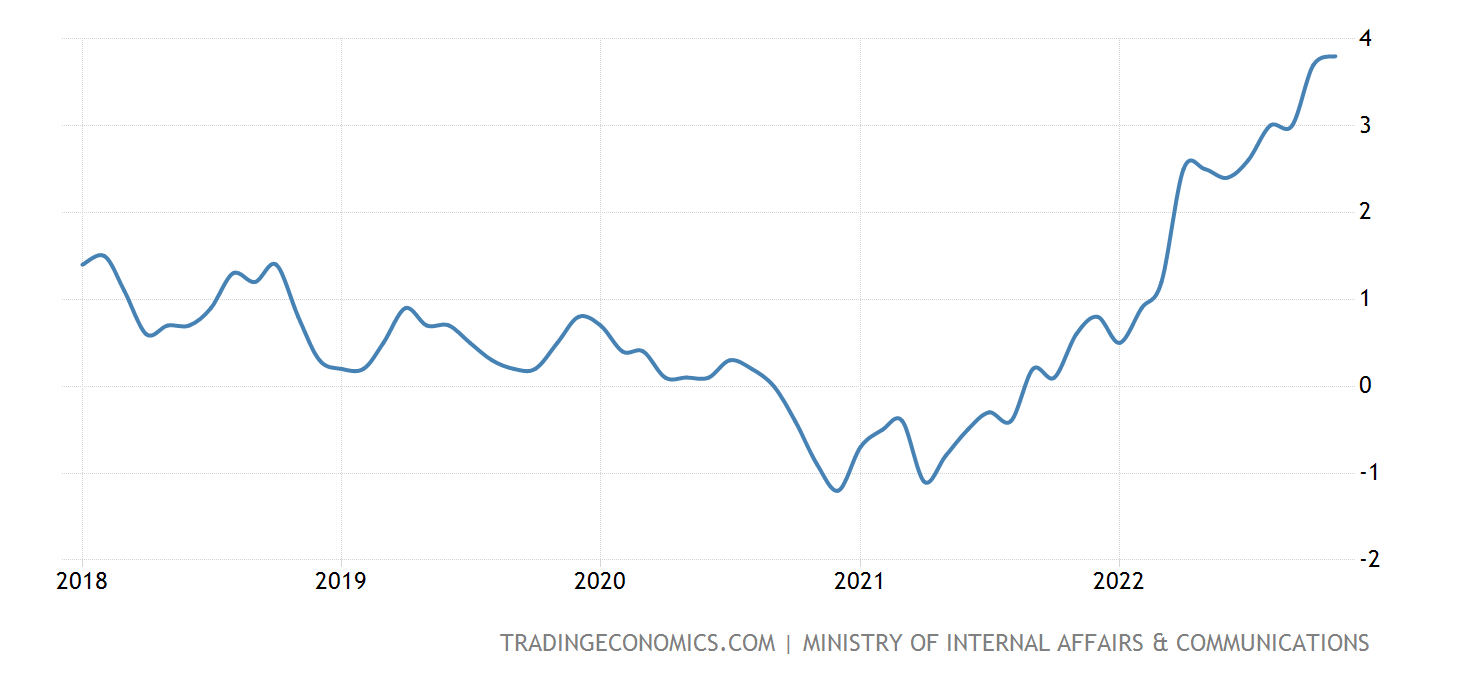
That's when the yen depreciated last year, falling to a 25-year low of 150.
However, since November, with the US CPI peaking and falling, the Fed's expectation of raising interest rates has slowed down, and the situation in the two countries is exactly the opposite.
Therefore, the yen exchange rate has been appreciating in the past two months, and the market is also holding down the yen to become the currency with the strongest rebound this year.
On the one hand, it is a shift to the potential extremely loose monetary policy, on the other hand, it is also expected that its production and trade level will pick up (including Chinese buyers after reopen).
Haruhiko Kuroda, the central bank governor, who is defenitely not Jay Powell
Regular normalization of monetary policy is a matter of course, but compared with Powell of the Federal Reserve, who likes to follow the discipline step by step, Kuroda of the Bank of Japan prefers to make unexpected moves occasionally.
Kuroda always doesn't like to conform to the market too much, and doesn't want the market to see through it. His monetary policy style is often to adjust monetary policy suddenly and unexpectedly according to the actual situation in the established plan.
For example, at this meeting in January, the market unanimously expected a normal adjustment (relative tightening to fight inflation), but Kuroda disagreed, thinking that inflation would return to 2% in 23 years, and slightly increased easing, which surprised the market. Therefore, there was also intraday fluctuation of Japanese yen and Japanese debt on January 18th.
For another example, the exchange rate of US dollar against Japanese yen went up from 130, and the exchange rate of Japanese yen even depreciated to 150. The market hoped that the Bank of Japan would give up the easing policy, but Kuroda still declared to the market that there was no need to cancel the easing policy. But then there was a sudden exchange rate intervention in the secondary market.
However, the next meeting of the Bank of Japan on interest rates will be held from March 9 to 10, which is also Kuroda's last meeting. One of the candidates for the next Japanese governor, Hirohiu Yamaguchi, is quite different from Kuroda's attitude towards monetary policy.
The market expects that withdrawing from the infinitely loose monetary policy step by step, adjusting the 10-year interest rate target-abolishing YCC-and abolishing negative interest rates will eventually improve the liquidity of the overall market.
Of course, this series of operations will increase the purchasing power of the yen and correspondingly increase the exchange rate of the yen.
This is why after the dove policy of the Bank of Japan yesterday, it took only half a day for the market to vomit all loose expectations.
Is it time owing yen?
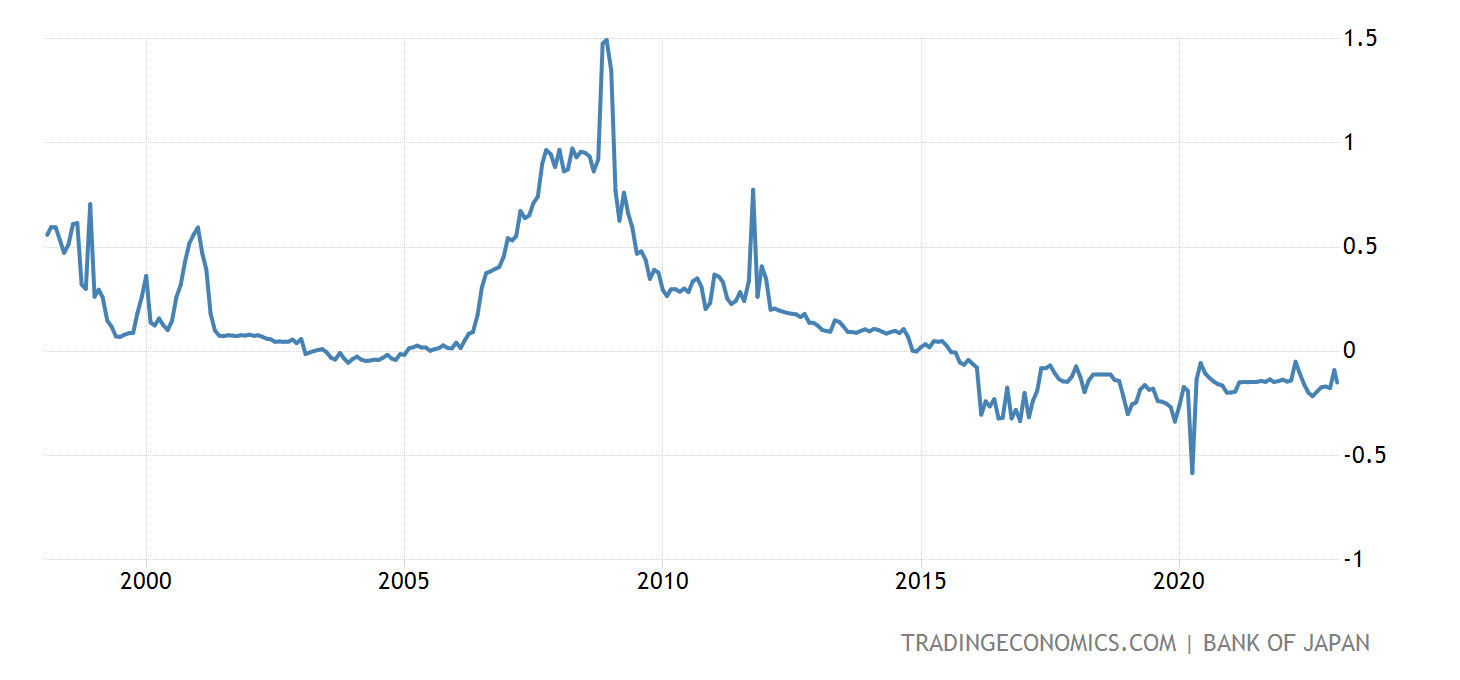
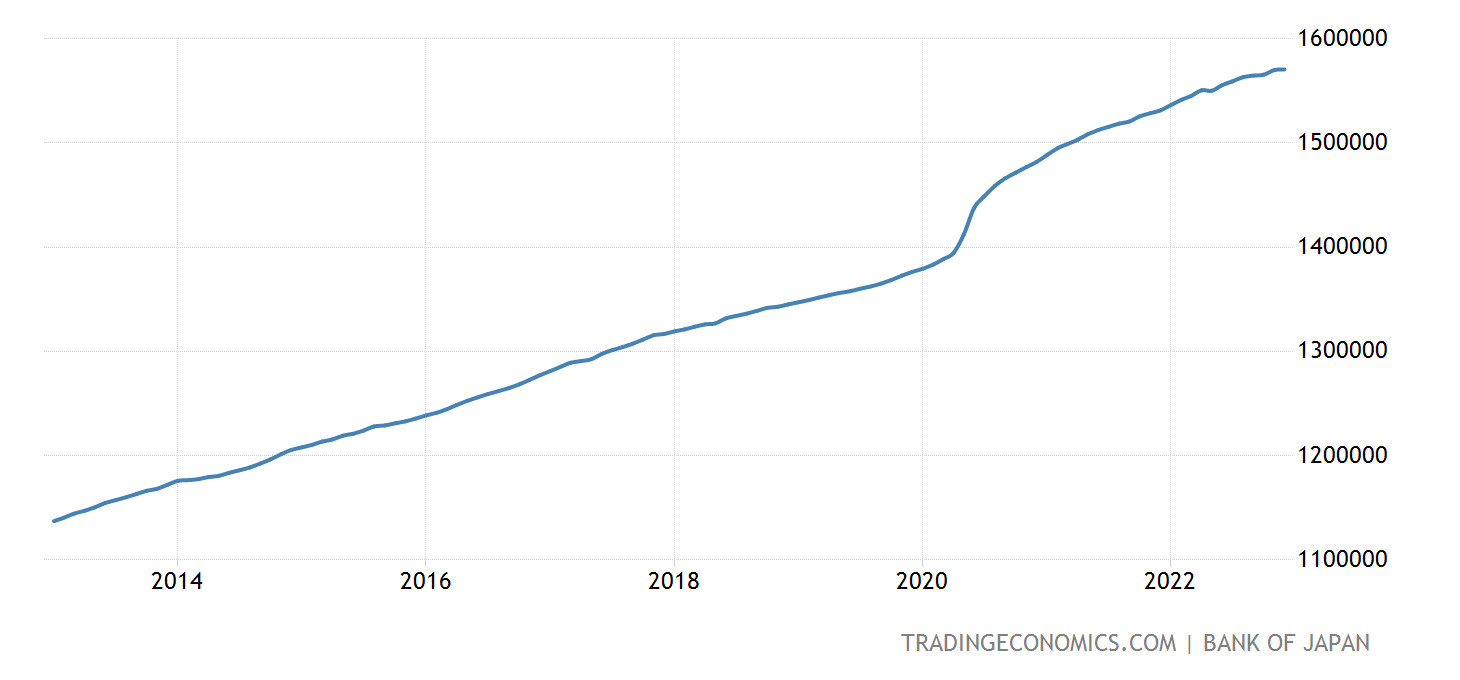
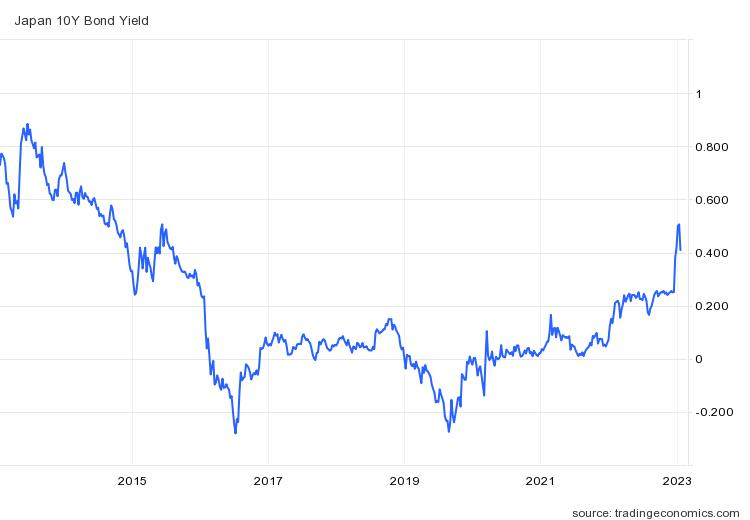
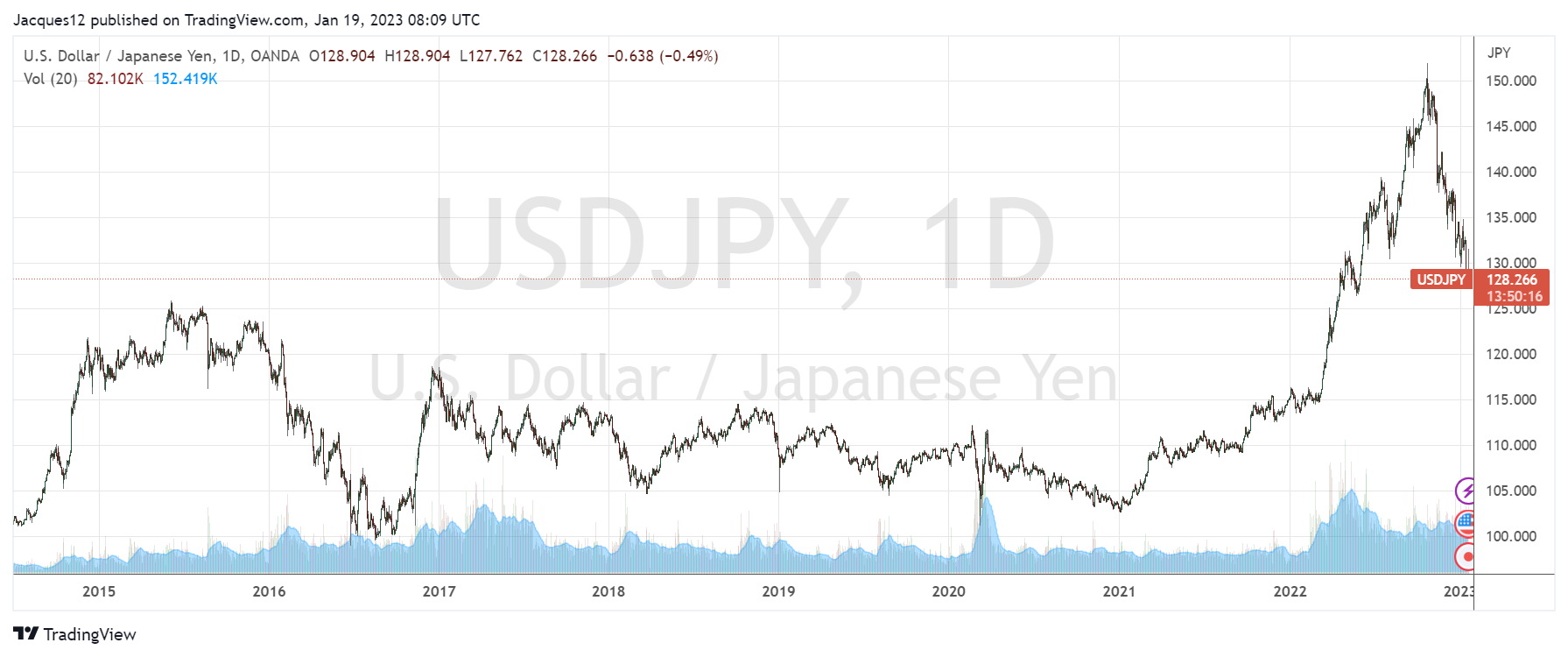
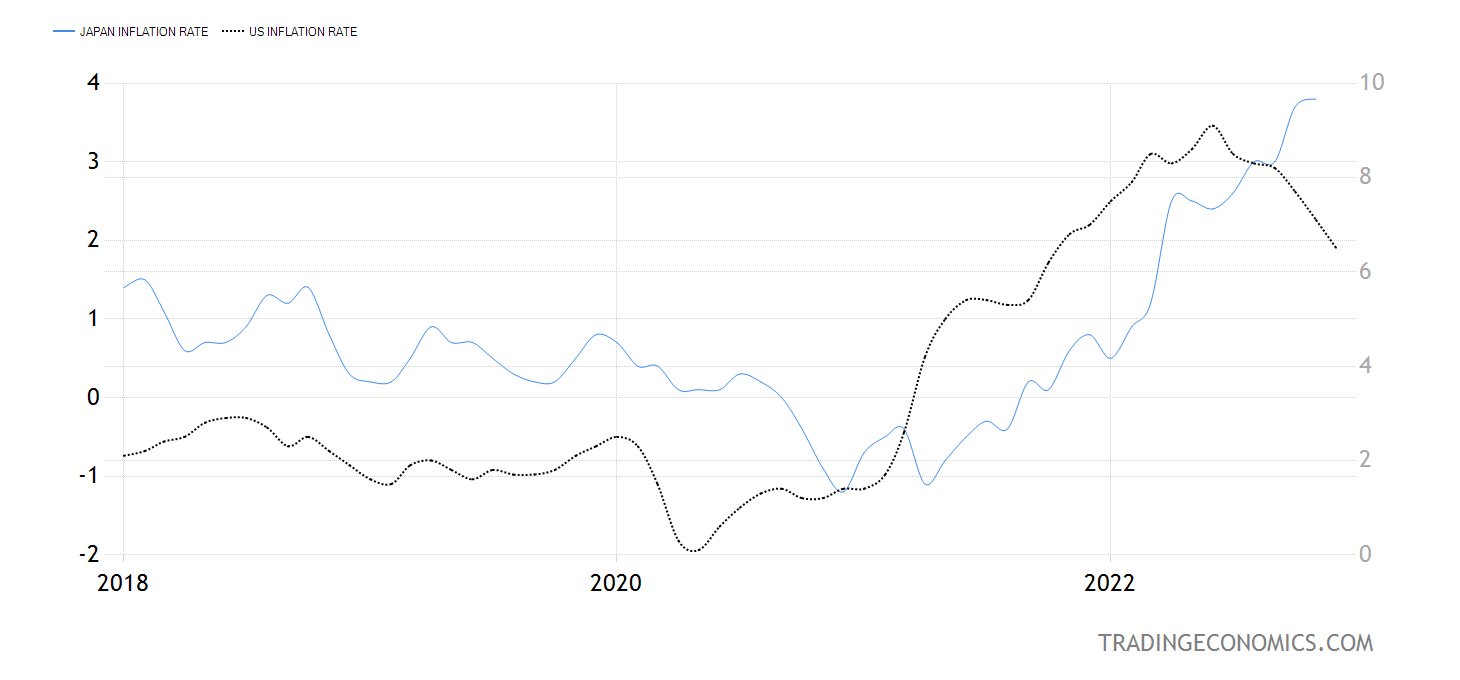
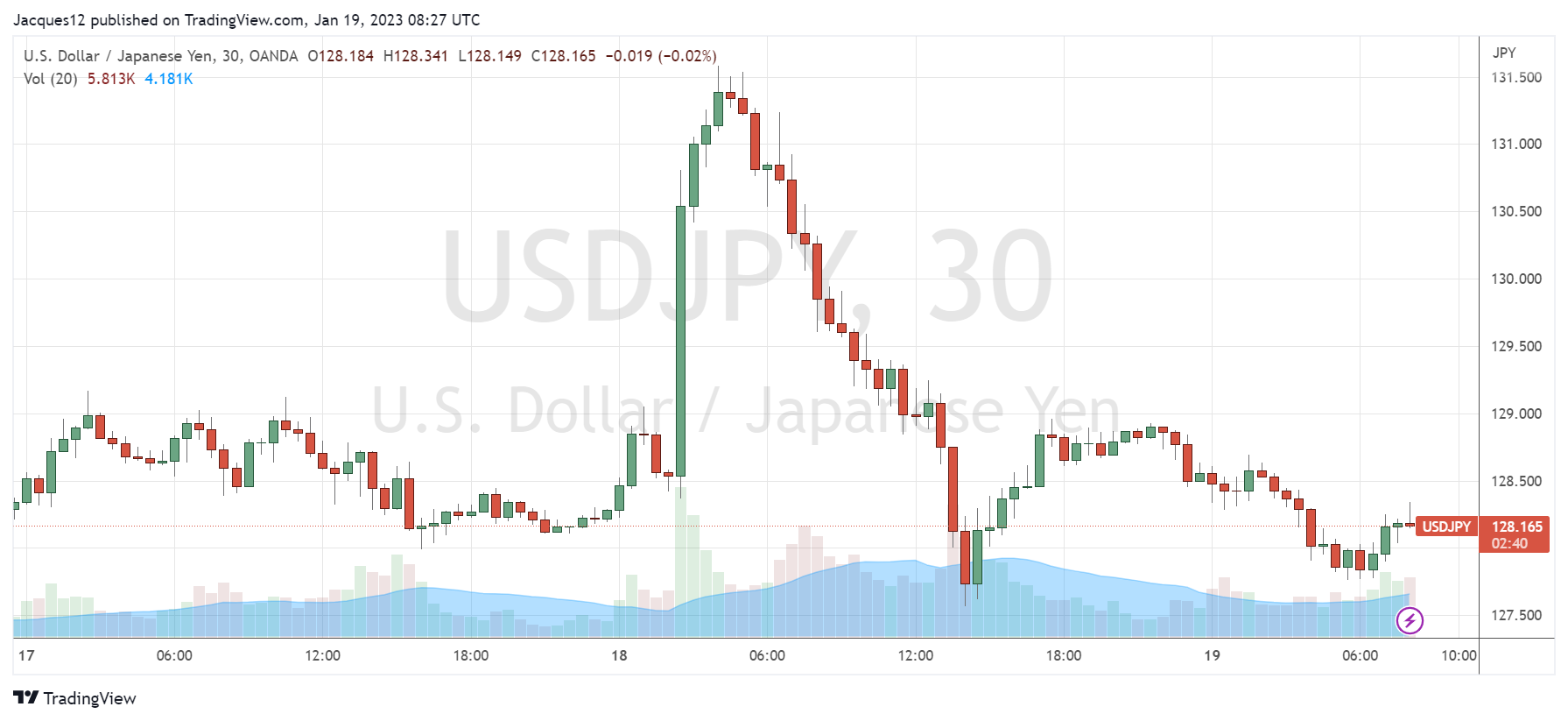
Comments